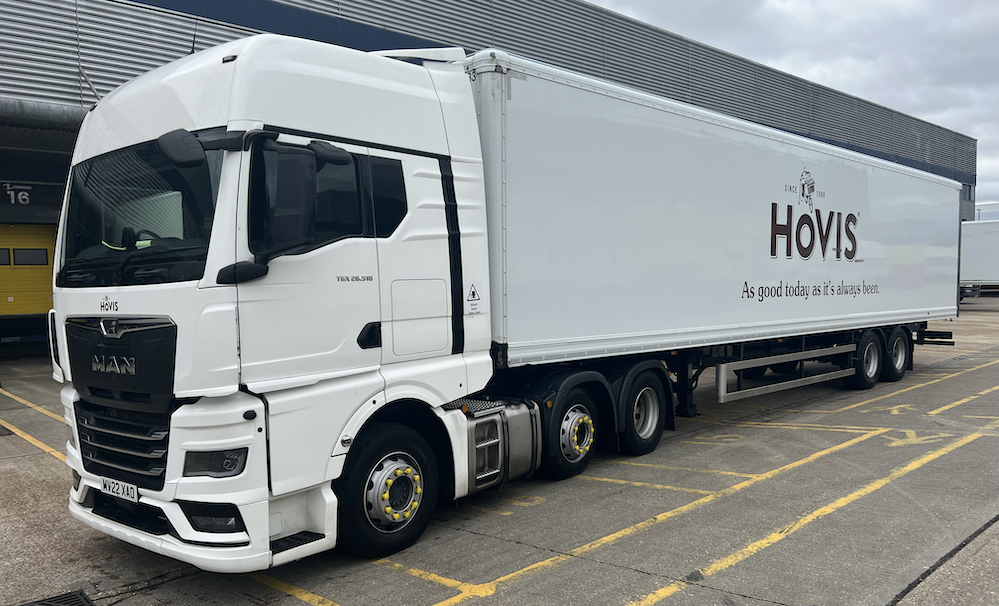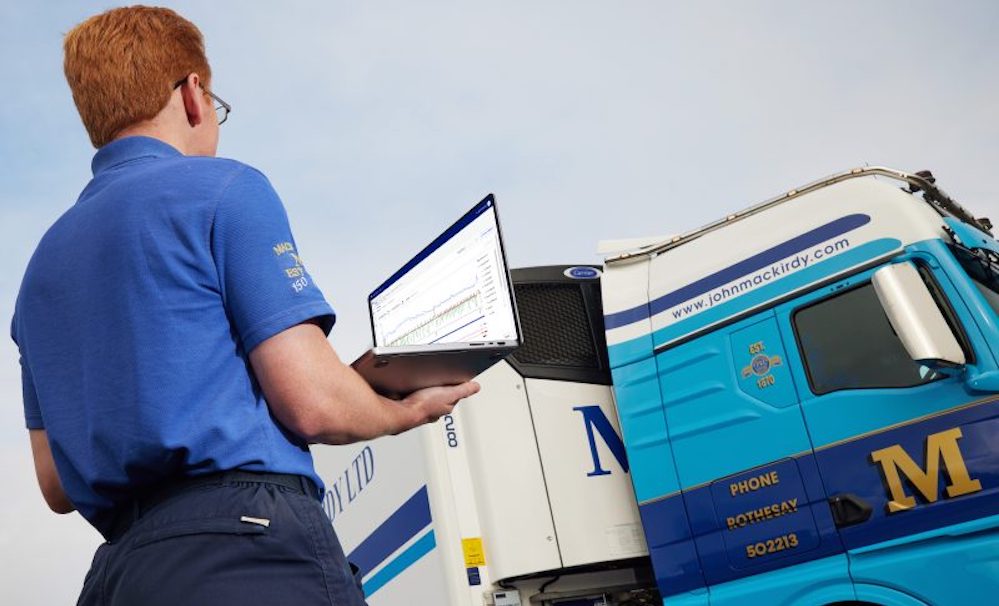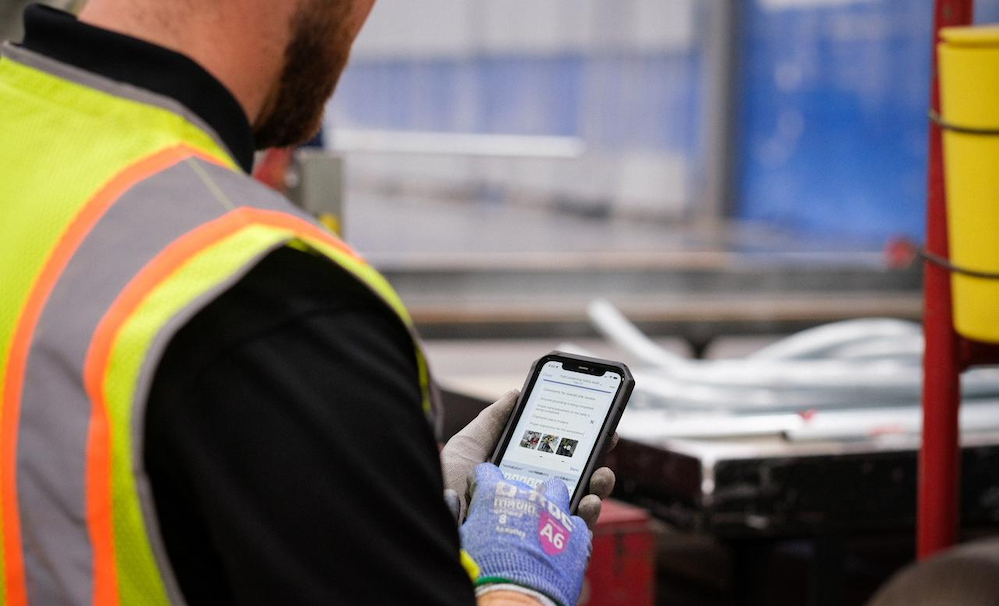The internet of things (IoT) plays a vital role in making fleet systems secure, cost-effective, smart, eco-friendly and efficient. Already making a significant impact on fleet management, IoT is set to continue to steer innovation and development throughout the haulage industry.
IoT has undoubtedly become one of the main ways which large businesses save money. For example, the world’s largest online retailer, Amazon, now utilises more than 100,000 robots inside its warehouses worldwide, which in turn is saving the e-commerce company over $22 million every year.
Haulage companies are among the many types of businesses that are utilising IoT technologies such as vehicle tracking to extend their reach and lower the cost of serving customers. By gathering significant amounts of data, haulage companies are able to analyse driving performance, asset utilisation, wasteful activity and any other significant data that can be used to enhance operational efficiency.
Collecting and understanding operational data can be the difference between a competitive advantage and falling behind the competition.
The benefits of the IoT
Every haulage company stands to profit from the Internet of Things. Here are a few examples of how organisations are benefitting from connected devices and cloud technology:
- In-cab coaching – Providing drivers with instant feedback about dangerous manoeuvres such as harsh braking or acceleration can help organisations improve fuel economy and safety standards. Devices such as this are also connected to the Internet, which means the data collected can be remotely used to identify additional training requirements and highlight best practice behind the wheel.
- Digital timesheets, vehicle checks & mileage claims – Pre the IoT, these administrative tasks all required manual completion. However, telematics devices and smartphone applications are now enabling organisations and drivers alike to complete them digitally, saving time, money and the environment.
- RFID, NFC & Bluetooth technology – By tagging and tracking goods, organisations can optimise loading times, reduce delivery times, analyse stock levels and improve customer experience.
Connected depots
Asset tracking refers to the method of tracing physical assets, either by bar-code scanning or GPS, BLE or RFID tags, which broadcast the asset location. Although bar-code scanning is commonly used in many organisations, adopting new techniques and technologies promises more precise and accurate tracking data. Particularly, RFID tags allow for items to be tracked in real-time during transit.
IoT technology has revolutionised safety and security by implementing sensors to disable functionality until assets are in a safe location, thereby assuring the safety of assets and people. Furthermore, functionality can improve in-house health and safety conditions by supporting an optimal working environment. This powerful technology has the potential to save lives and money, as it lowers the risk of accidents, therefore reducing associated costs simultaneously.
Current practices rely on manual number crunching to pinpoint data trends. However, the advance of AI will take benefits to a whole new level as depots become able to respond to stimuli instantaneously. This will allow depots to reroute fleets and individual packages to alternative routes in order to maintain SLAs, efficiency and satisfaction.
A connected future
As the IoT gains more momentum, fleet-based activities will continue to become more connected. Depots will be able to manage incoming and outgoing vehicles more efficiently. This will create smoother fleet handling as the data gathered will allow insight into the load capacity. Additionally, managers will be able to identify areas where fuel is wasted – for example on shorter or less intensive routes.
Drivers, chain managers and customers are all set to reap the benefits of IoT integration, with fleets having the ability to report problems quicker than ever before, making transportation of goods timelier and fully trackable, consequently improving relationships between stakeholders.
Conclusion
The IoT is set to completely reform the way haulage companies work. Aspects of it are already being implemented by leading companies around the world. As this technology grows, more businesses will be joining the new, hyper-connected world of fleet management in the haulage industry.








